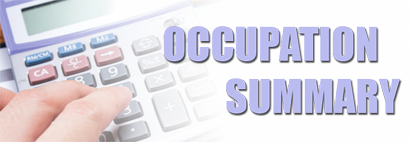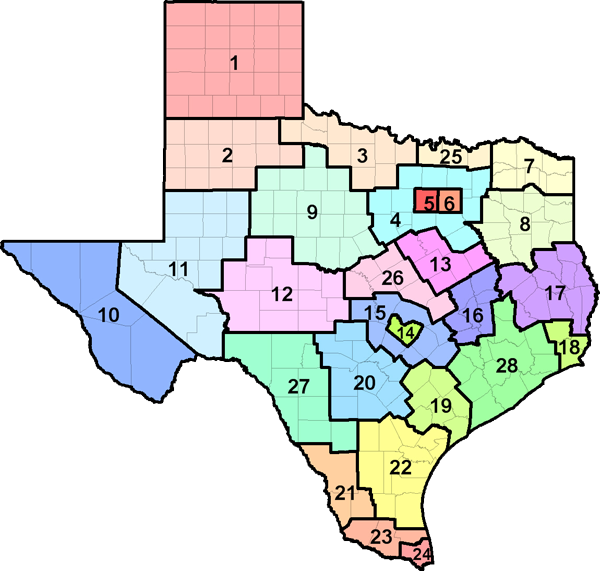The U.S. Department of Labor has developed an automated occupational information database, O*NET, that identifies and describes work content, work skills, and training requirements for all jobs across the country in all sectors of the economy. Much of the occupational information contained in this report is derived directly from the O*NET database, and supplemented with information from the Bureau of Labor Statistics, Census Bureau, and Labor Market and Career Information.

| Industry | % of Archivists employed | Annual Growth Rate |
|---|---|---|
| Colleges, universities, and professional schools | 19.5 | 0.54 |
| Scientific research and development services | 4.7 | 2.26 |
| Motion picture and video industries | 4.1 | 0.00 |
| Civic and social organizations | 2.7 | 0.00 |
| 2024 Statewide average hourly wage | $29.23 |
| 2024 National average hourly wage | $32.51 |
| 2022 National employment | 9,400 |
| 2022 Texas employment | 316 |
| Texas projected employment by 2032 | 375 |
| Texas projected annual employment and Turnover openings through 2032 | 46 |

| Region | Employment | Projected Employment 2032 | Projected Annual Openings 2032 |
Annual Growth Rate |
Average Income |
|---|---|---|---|---|---|
| Texas (all regions) | 316 | 375 | 46 | 1.73% | $60,799.00 |
| Top 10 Relevant Knowledge Areas | Relevant Importance Levels |
|---|---|
| History and Archeology Knowledge of historical events and their causes, indicators, and effects on civilizations and cultures. |
|
| English Language Knowledge of the structure and content of the English language including the meaning and spelling of words, rules of composition, and grammar. |
|
| Customer and Personal Service Knowledge of principles and processes for providing customer and personal services. This includes customer needs assessment, meeting quality standards for services, and evaluation of customer satisfaction. |
|
| Computers and Electronics Knowledge of circuit boards, processors, chips, electronic equipment, and computer hardware and software, including applications and programming. |
|
| Administration and Management Knowledge of business and management principles involved in strategic planning, resource allocation, human resources modeling, leadership technique, production methods, and coordination of people and resources. |
|
| Administrative Knowledge of administrative and office procedures and systems such as word processing, managing files and records, stenography and transcription, designing forms, and workplace terminology. |
|
| Education and Training Knowledge of principles and methods for curriculum and training design, teaching and instruction for individuals and groups, and the measurement of training effects. |
|
| Law and Government Knowledge of laws, legal codes, court procedures, precedents, government regulations, executive orders, agency rules, and the democratic political process. |
|
| Personnel and Human Resources Knowledge of principles and procedures for personnel recruitment, selection, training, compensation and benefits, labor relations and negotiation, and personnel information systems. |
|
| Communications and Media Knowledge of media production, communication, and dissemination techniques and methods. This includes alternative ways to inform and entertain via written, oral, and visual media. |
| Top 10 Relevant Skill Areas | Relevant Importance Levels |
|---|---|
| Reading Comprehension Understanding written sentences and paragraphs in work-related documents. |
|
| Active Listening Giving full attention to what other people are saying, taking time to understand the points being made, asking questions as appropriate, and not interrupting at inappropriate times. |
|
| Writing Communicating effectively in writing as appropriate for the needs of the audience. |
|
| Speaking Talking to others to convey information effectively. |
|
| Critical Thinking Using logic and reasoning to identify the strengths and weaknesses of alternative solutions, conclusions, or approaches to problems. |
|
| Active Learning Understanding the implications of new information for both current and future problem-solving and decision-making. |
|
| Complex Problem Solving Identifying complex problems and reviewing related information to develop and evaluate options and implement solutions. |
|
| Service Orientation Actively looking for ways to help people. |
|
| Judgment and Decision Making Considering the relative costs and benefits of potential actions to choose the most appropriate one. |
|
| Monitoring Monitoring/Assessing performance of yourself, other individuals, or organizations to make improvements or take corrective action. |
| Top 10 Relevant Abilities | Relevant Importance Levels |
|---|---|
| Written Comprehension The ability to read and understand information and ideas presented in writing. |
|
| Category Flexibility The ability to generate or use different sets of rules for combining or grouping things in different ways. |
|
| Information Ordering The ability to arrange things or actions in a certain order or pattern according to a specific rule or set of rules (e.g., patterns of numbers, letters, words, pictures, mathematical operations). |
|
| Oral Expression The ability to communicate information and ideas in speaking so others will understand. |
|
| Written Expression The ability to communicate information and ideas in writing so others will understand. |
|
| Near Vision The ability to see details at close range (within a few feet of the observer). |
|
| Oral Comprehension The ability to listen to and understand information and ideas presented through spoken words and sentences. |
|
| Deductive Reasoning The ability to apply general rules to specific problems to produce answers that make sense. |
|
| Inductive Reasoning The ability to combine pieces of information to form general rules or conclusions (includes finding a relationship among seemingly unrelated events). |
|
| Speech Recognition The ability to identify and understand the speech of another person. |